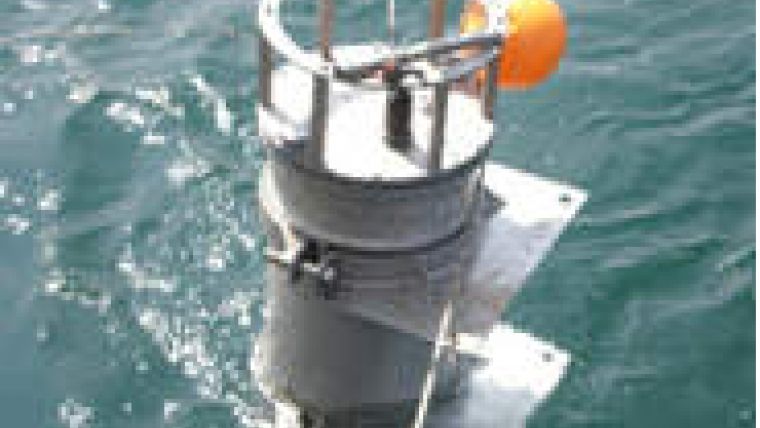Imaging FlowCytobot Sampler
McLane Research Laboratories, USA, is presenting during Ocean Business 2013 a new in situ sampler. The Imaging FlowCytobot (IFCB) is an automated submersible imaging flow cytometer that generates images of particles in-flow taken from the aquatic environment. Depending on the target population, the IFCB can generate around 10,000 high-resolution images per hour.
The IFCB uses a combination of flow cytometric and video technology to capture high resolution (1μm) images of suspended particles in the size range <10 to 100μm (such as diatoms and dinoflagellates). The instrument continuously samples at a rate of 15ml of sea water per hour.
Laser induced light scattering from individual particles are measured and used to trigger targeted image acquisition; the optical and image data are then transmitted to shore in real time.
Images collected during continuous monitoring can be processed externally with automated image classification software. Images can be classified to the genus or even species level with demonstrated accuracy comparable to that of human experts.
The IFCB can be used for bench top analysis as well as for pier and other wired deployments. The housing and fluidic components are rated to 40m. Extended unattended deployments (6 to 9 months) are possible as IFCB's automated operation includes antifouling procedures and periodic standard analysis to monitor instrument performance.
McLane representatives will be on hand at Ocean Business 2013 Southampton, UK, from 9 to 11 April 2013 in Stand A13 with details about this instrument.














